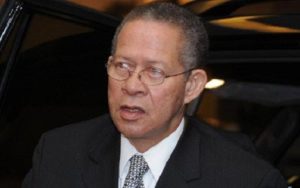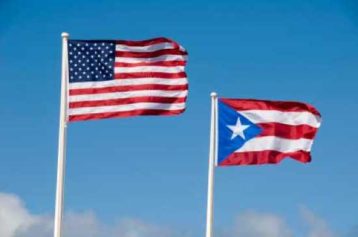
Bruce Golding
Bruce Golding is convinced that the new Andrew Holness-led government has a window of opportunity to negotiate an adjustment to Jamaica’s economic reform program with the International Monetary Fund.
“I think the IMF, if you study their language carefully, I think that they recognize that the program needs to be less contractionary than it is now,” Golding argued last week at the Jamaica Observer Monday Exchange.
Last November, after its 10th review mission to Jamaica, the IMF pointed out that all the quantitative performance targets through the end of September were met and the authorities’ plan for structural reforms was also on track.
However, the IMF said it agreed with the local authorities that “the focus now should be to ensure Jamaica moves quickly to a position of strong, sustained and dynamic economic growth and job creation.
“With macroeconomic stability now well entrenched, and the debt dynamics improving, the authorities and mission agreed that a loosening of fiscal policy and a realignment of monetary policies were both warranted to better support the real economy,” the IMF stated.
“To this end, a staff level agreement was reached to lower the target for the primary surplus to 7.25 percent of GDP for this fiscal year and to seven percent of GDP for FY2016/17. This additional fiscal space will provide an opportunity to increase public spending on capital outlays that boost growth and job creation as well as to continue to protect social spending,” the IMF said.
“Further, a more expansionary monetary stance will help complement this fiscal expansion by supporting credit expansion and private sector activity. Continued strong program implementation will remain important to achieve fiscal and debt sustainability,” the fund said.
Obviously taking his cue from that statement, Golding said it has provided an opportunity for the government to sit down with the IMF and to determine how they are going to allocate that additional space.
“Capital expenditure, yes, but I think it’s also important to direct it in such a way that the average person, the consumer, has some more money in his pocket, because that’s the only way the man who now employs three people will find that he has to employ four, because more business is coming to him,” Golding said.
“… if people can’t spend money, the economy won’t grow,” he added.
Noting that the program, approved in 2013, has another year to run, Golding said there may be room for some adjustments, especially given that there have already been shifts in some of the original targets.
Read more at www.jamaicaobserver.com

